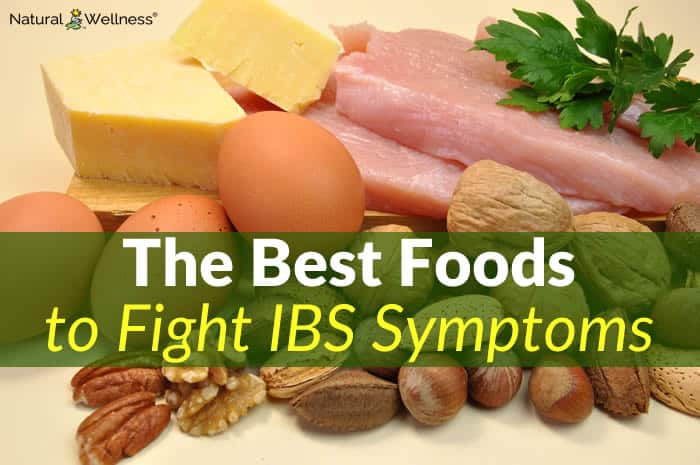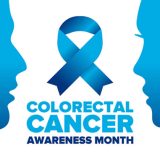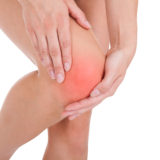

Symptoms of IBS
Symptoms of IBS include:
- abdominal pain
- bloating
- gas
- diarrhea and/or constipation
Secondary symptoms such as sleep loss due to pain are also common. Symptoms may become severe, limiting your ability to function normally throughout your day.
3 Common Triggers for IBS Symptoms
If you are suffering from IBS, you already know that diet is a significant factor in the worsening of symptoms. However, there are two other big triggers.
Here are the 3 common triggers for IBS symptoms:
- Hormones (PMS especially)
- Stress
- Diet
Foods that Worsen Your IBS Symptoms
Studies are beginning to focus in on what foods may hurt and/or help you in the fight against IBS symptoms. High carb diets, especially those high in processed foods, have been shown to exacerbate inflammation in your gut. Consumption of sugars, such as lactose and fructose and other carbohydrates can increase abdominal cramps, diarrhea, bloating and flatulence. Diets that are high in fats, especially trans fats and saturated fats, also irritate your bowel and are difficult to digest. Eating too much or too little dietary fiber can also cause difficulties if you suffer from IBS.
Protein Can Help You Fight IBS Symptoms
High-protein diets have been shown to decrease the symptoms of IBS. Studies have shown that the combination of the probiotic Lactobacillus reuteri (L. reuteri), along with tryptophan, trigger an increase in the growth of immune cells that reduce inflammation in your gut. This reduction of inflammation in your gut also significantly reduces your symptoms of IBS by improving tolerance for many foods. If you are suffering with IBS, this may provide relief from symptoms.
Healthy Foods High in Protein
Protein-rich foods such as:
-
- Nuts
- Eggs
- Beans
- Poultry (chicken or turkey) and
- Dairy is excellent for reducing your symptoms of IBS.
Turkey is also particularly high in tryptophan, making it a great choice for reducing inflammation in your gut. A high-protein, low-carbohydrate, low-fat diet with a healthy amount of dietary fiber will help to significantly reduce your IBS symptoms.





Low FODMAP diet has been shown to help.